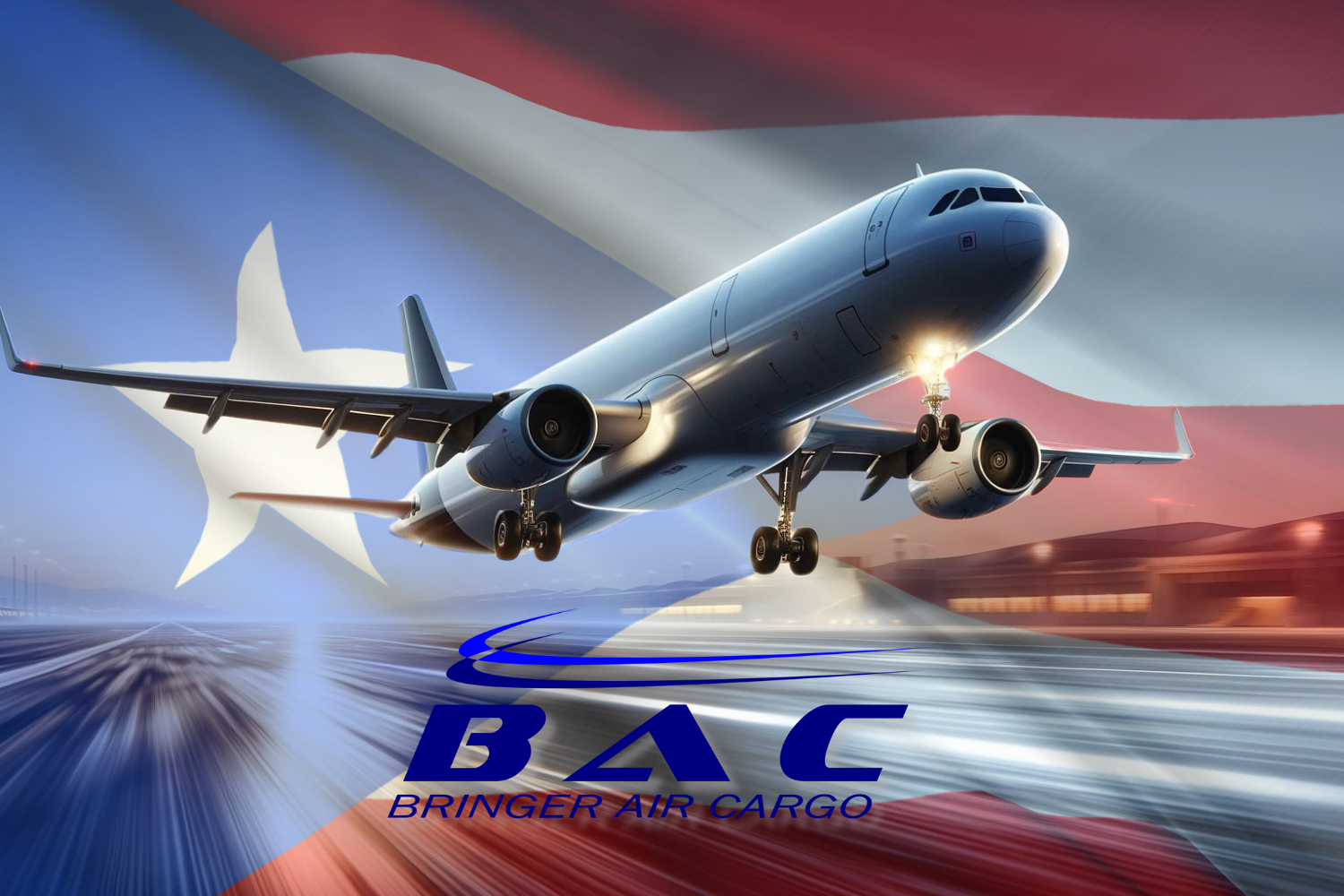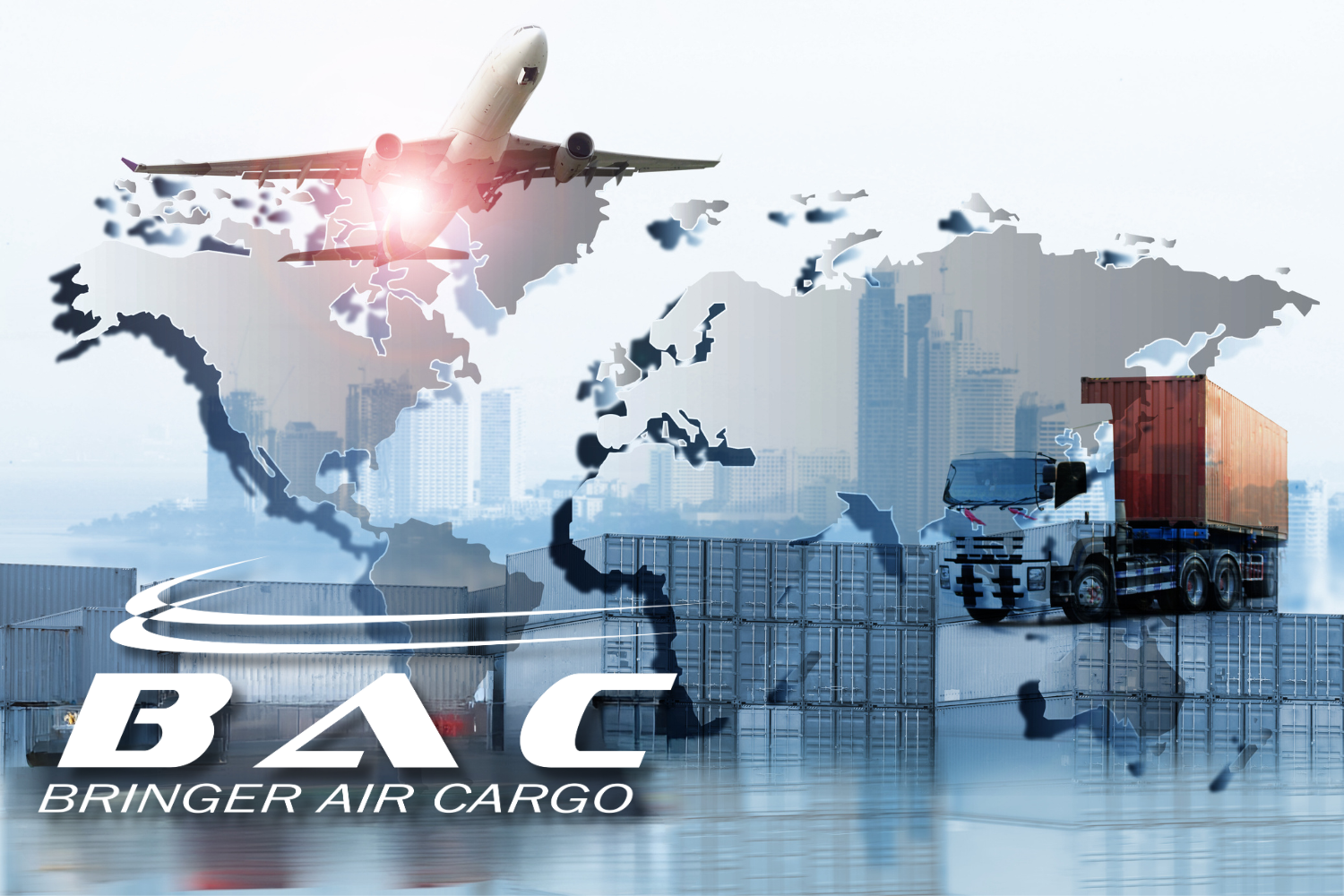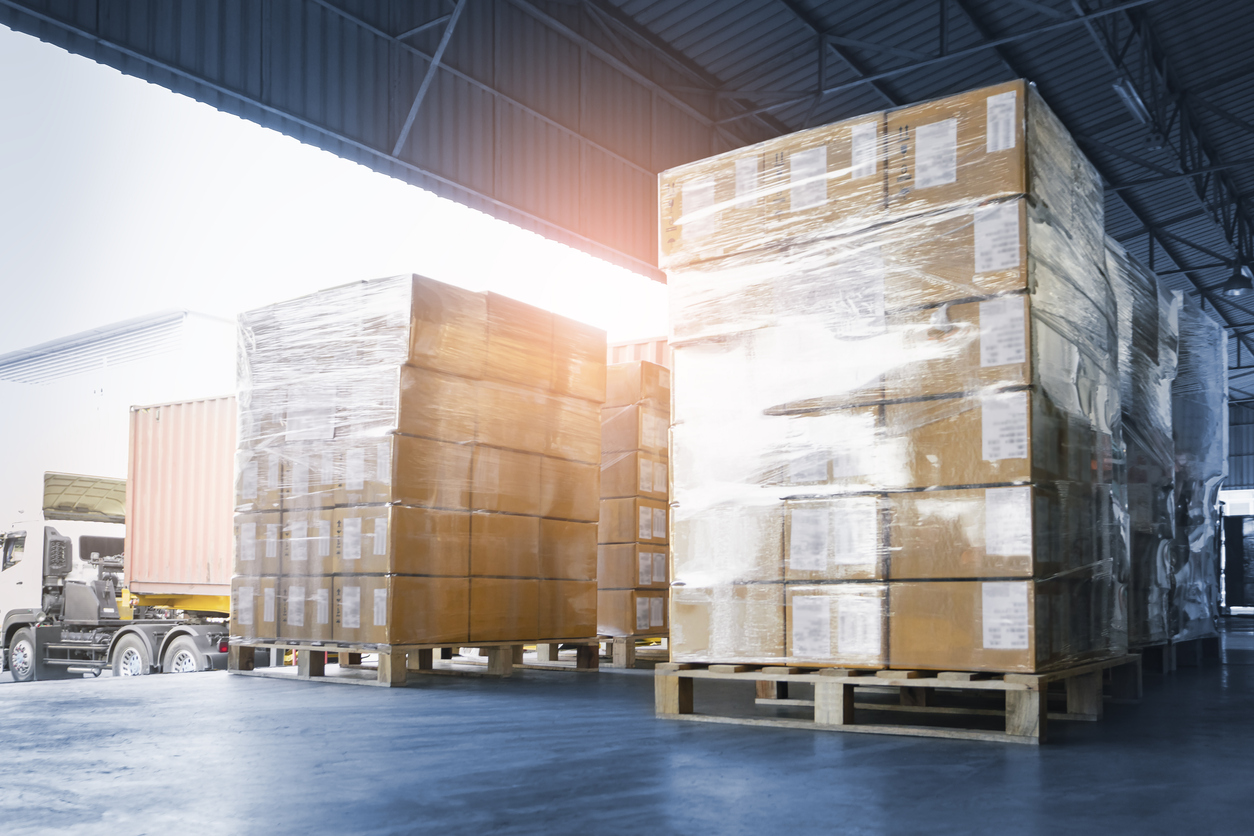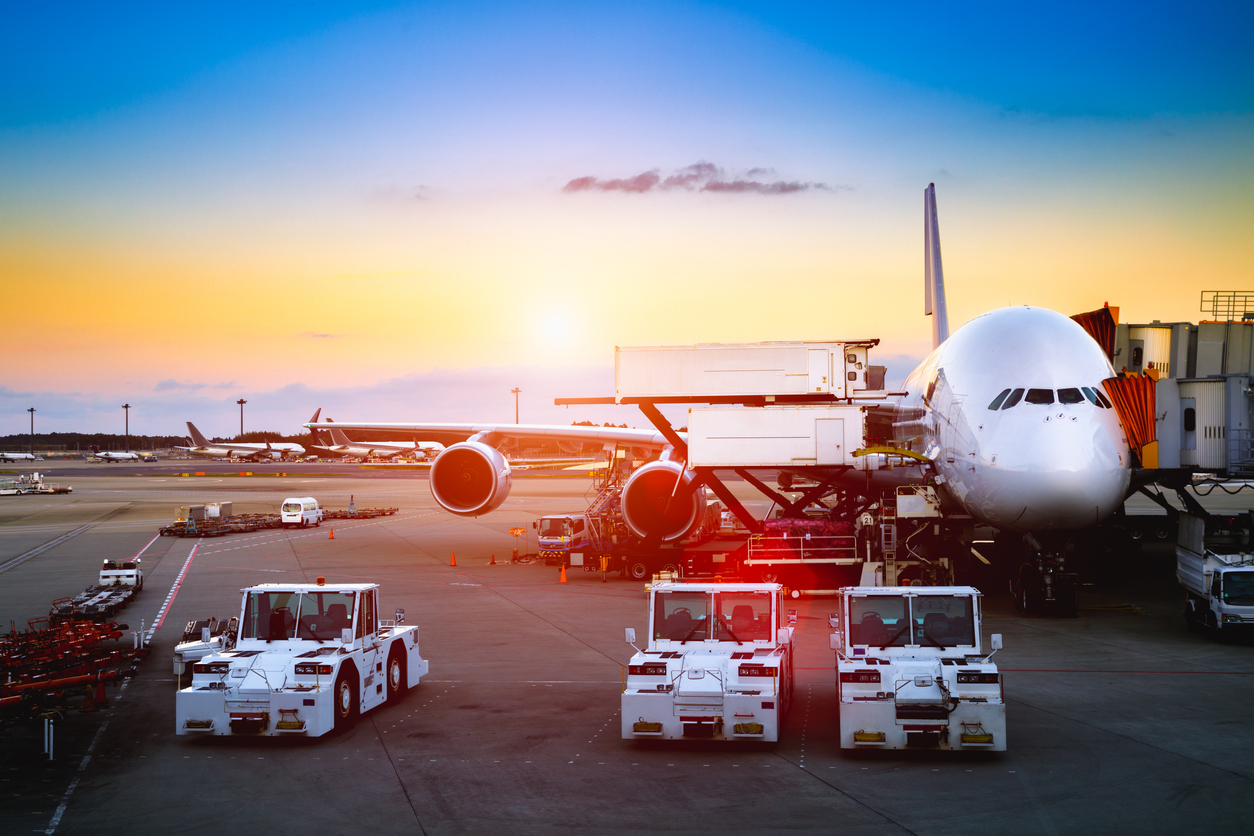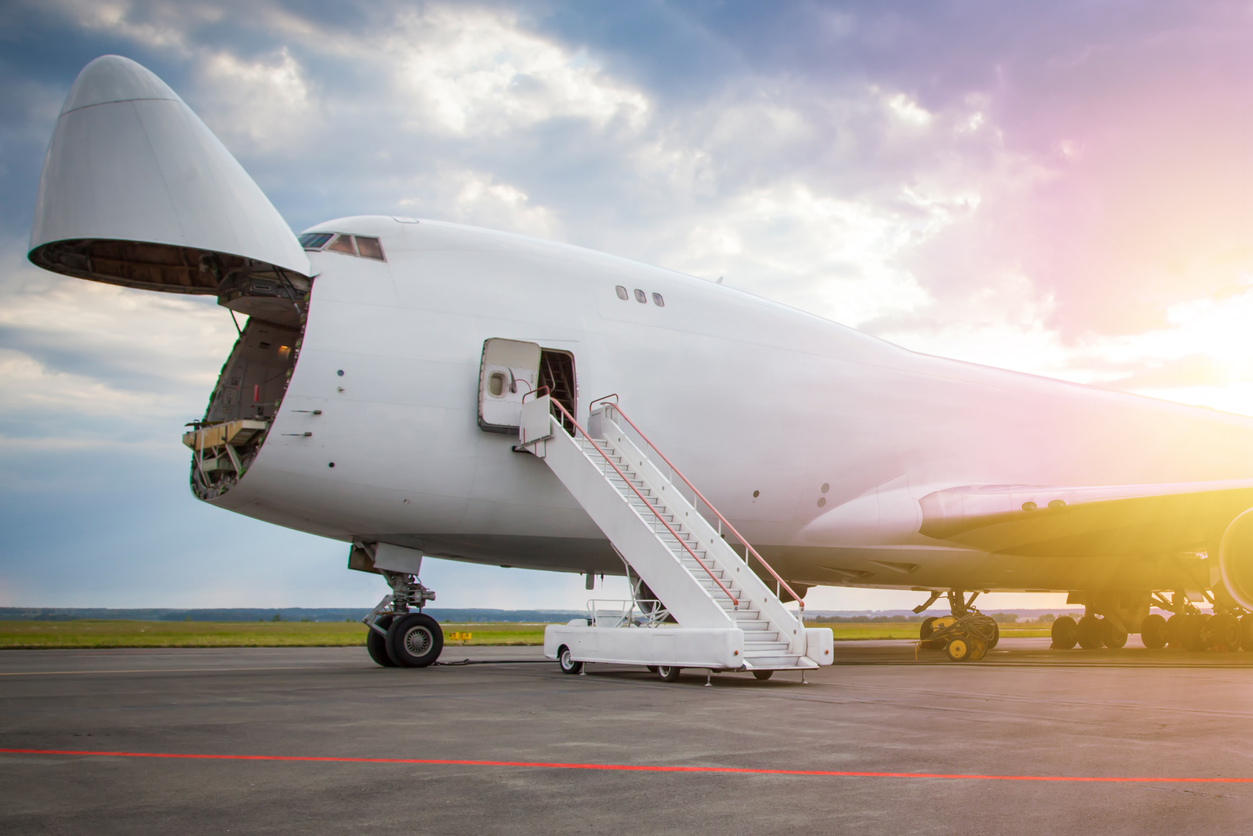Bringer Air Cargo’s New Direct Cargo Flight Service Between Miami and San Juan
In a world where logistical efficiency and swift connections are vital for business success, Bringer Air Cargo is proud to announce a significant breakthrough in facilitating trade between Miami, USA, and San Juan, Puerto Rico. With the launch of our direct cargo flight service, we are establishing a robust bridge between these two pivotal hubs, ensuring that your business thrives with the speed and efficiency it deserves.
A Direct Flight to Success
Our new service offers three weekly round trip flights between Miami (MIA) and San Juan (SJU), operated with the precision and reliability that Bringer Air Cargo is known for. Utilizing the Airbus A321F, a leading aircraft in its class, we guarantee not only capacity and safety for your shipments but also unmatched efficiency in air cargo transport.
Benefits That Drive Your Business
The direct connection between Miami and San Juan significantly cuts down transit times, allowing for more efficient planning and a reduction in operational costs. This service is designed to accommodate a wide range of logistical needs, from urgent shipments to larger volume goods, ensuring that your cargo reaches its destination promptly and reliably.
Simplifying Logistics for You
Leveraging this service is incredibly easy. Our team is ready to guide you through the booking process, offering competitive rates and personalized assistance to ensure that your experience is as smooth as possible. Whether you’re shipping manufactured goods, consumer products, or any other type of cargo, Bringer Air Cargo has the solution you need.
Success Stories
Although this service is relatively new, we’ve already received positive feedback from clients who have firsthand experience the difference a direct flight makes. These businesses have seen their supply chains strengthened and their delivery times shortened, allowing them to operate more efficiently and better meet their customers’ needs.
Join the Logistics Revolution
At Bringer Air Cargo, we are committed to innovation and excellence in all our operations. This new direct cargo flight service between Miami and San Juan is just one example of how we’re working to connect businesses, opportunities, and people more effectively than ever.
We invite you to discover how this service can benefit your business. For rates and personalized assistance, contact us at bookings@bringer.com or click the button below for more information. Together, we can take your business to new heights.

